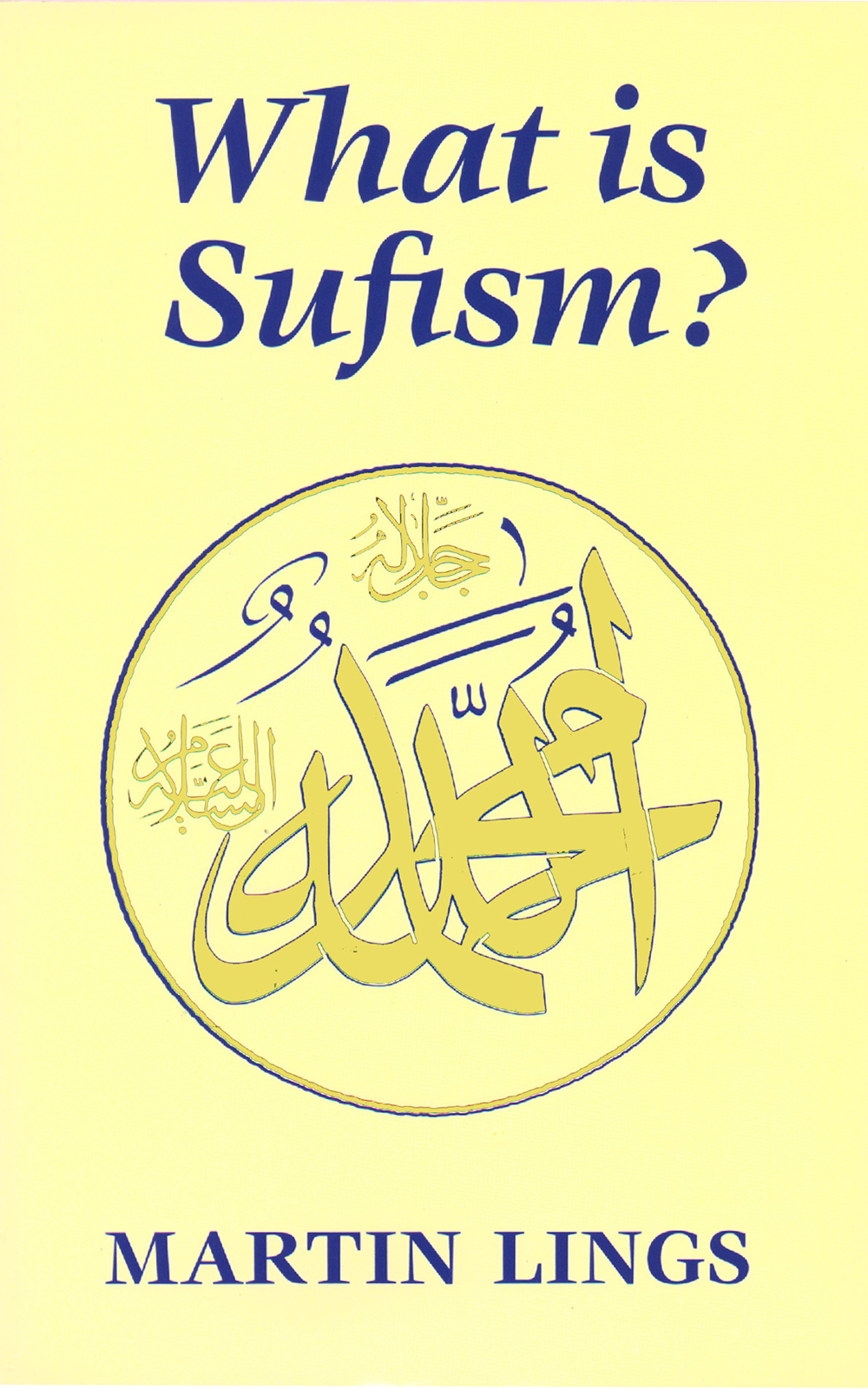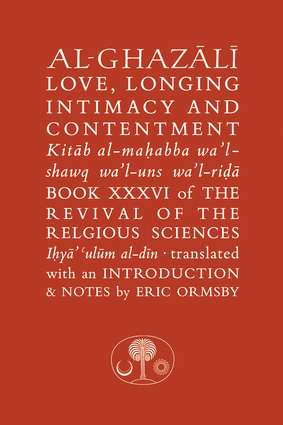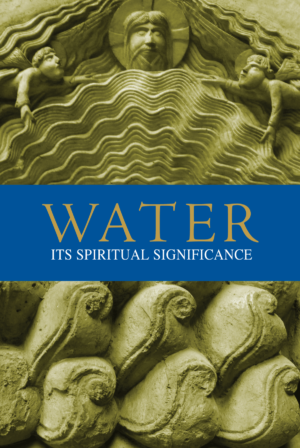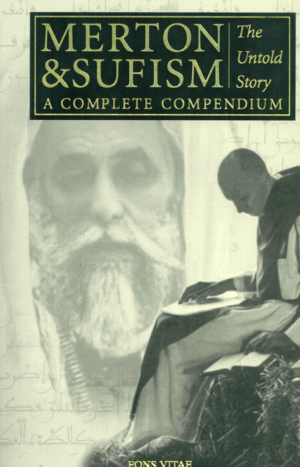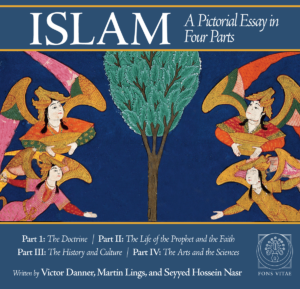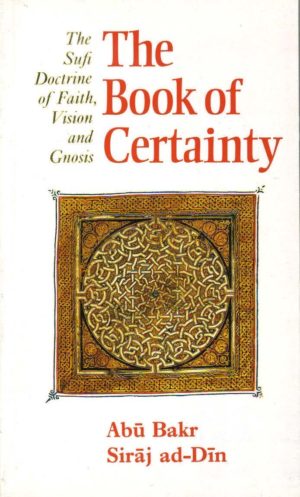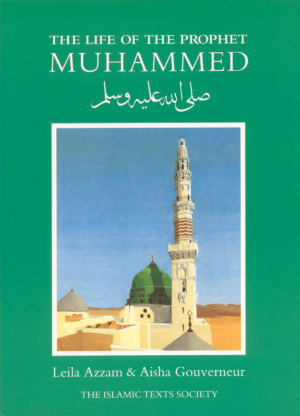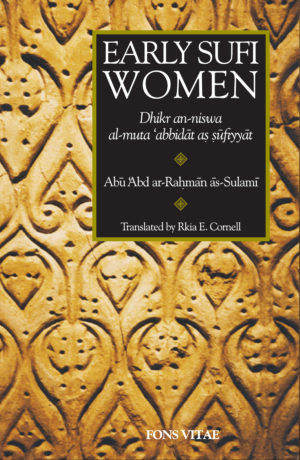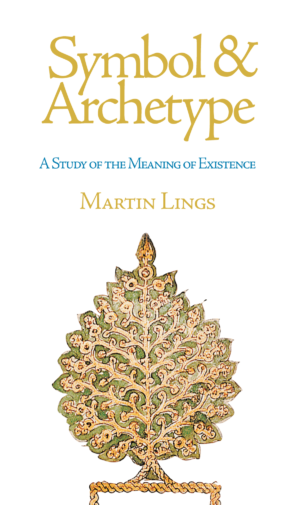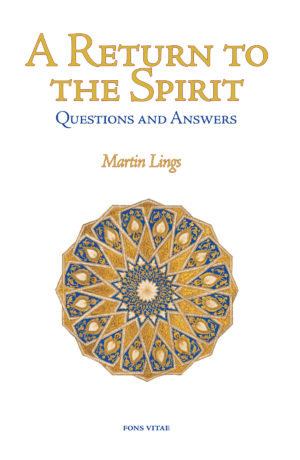“The title of this book is a question; and that question, as far as the Western world is concerned, has been given some dubious and suspect answers in recent years. Moreover the rapidly expanding interest in Sufism increases still further the need for a reliable introductory book-introductory in the sense that it requires no special knowledge, and reliable in that it is not written any more simply than truth will allow.
But though such a book may presuppose no special knowledge, it necessarily presupposes a deep and searching interest in spiritual things. More particularly, it presupposes at least an inkling of the possibility of direct inward perception an inkling that may become a seed of aspiration. Or at the very least, it presupposes that the soul shall not be closed to this possibility. Nearly 1000 years ago a great Sufi defined Sufism as ‘taste’, because its aim and its end could be summed up as direct knowledge of transcendent truths, such knowledge being, insofar as its directness is concerned, more comparable to the experiences of the senses than to mental knowledge.
Most Western readers of this book will have heard quite early in life that ‘the Kingdom of Heaven is within you’. They will also have heard the words.: ‘Seek and ye shall find; knock and it shall be opened unto you’. But how many of them have ever received any instruction in the way of seeking or the art of knocking? And even as these last four words were being written down, it came to mind that they are, in this given context, an answer to the very question put by our title.
Enough has now been said to make it clear that although our subject may be treated summarily-a book of this size, for so vast a theme, is bound to be summary-it cannot be treated superficially, for that would amount to a contradiction in terms. Sufism is a touchstone, an implacable criterion which reduces everything else, except its own equivalents, to a flat surface of two dimensions only, being itself the real dimension of height and of depth.”
MARTIN LINGS, London 1973
Contents
Author’s Preface page 7
I The Originality of Sufism
II 2 The Universality of Sufism 17
3 The Book 25
4 The Messenger 33
5 The Heart 45
6 The Doctrine 63
7 The Method 74
8 The Exclusiveness of Sufism 92
9 Sufism throughout the Centuries 100
Index of Persons,
Book Titles and Places 128
Index of Arabic Words 132
Excerpt from Chapter 1:
“The great Andalusian Sufi, Muhyi ‘d-Din Ibn ‘Arabi, used to pray a prayer which begins: ‘Enter me, 0 Lord, into the deep of the Ocean of Thine Infinite Oneness’, and in the treatises of the Sufis this ‘Ocean’ is mentioned again and again, likewise by way of symbolic reference to the End towards which their path is directed. Let us therefore begin· by saying, on the basis of this symbol, in answer to the question ‘What is Sufism?’
From time to time a Revelation ‘flows’ like a great tidal wave from the Ocean of Infinitude to the shores of our finite world; and Sufism is the vocation and the discipline and the science of plunging into the ebb of one of these waves and being drawn back with it to its Eternal and Infinite Source. ‘From time to time’: this is a simplification which ‘calls for a commentary; for since there is no common measure between the origin of such a wave and its destination, its temporality is bound to partake, mysteriously, of the Eternal, just as its finiteness is bound to partake of the Infinite. Being temporal, it must first reach this world at a certain moment in history; but that moment will in a sense escape from time. Better than a thousand months is how the Islamic Revelation describes the night of its own advent…”
